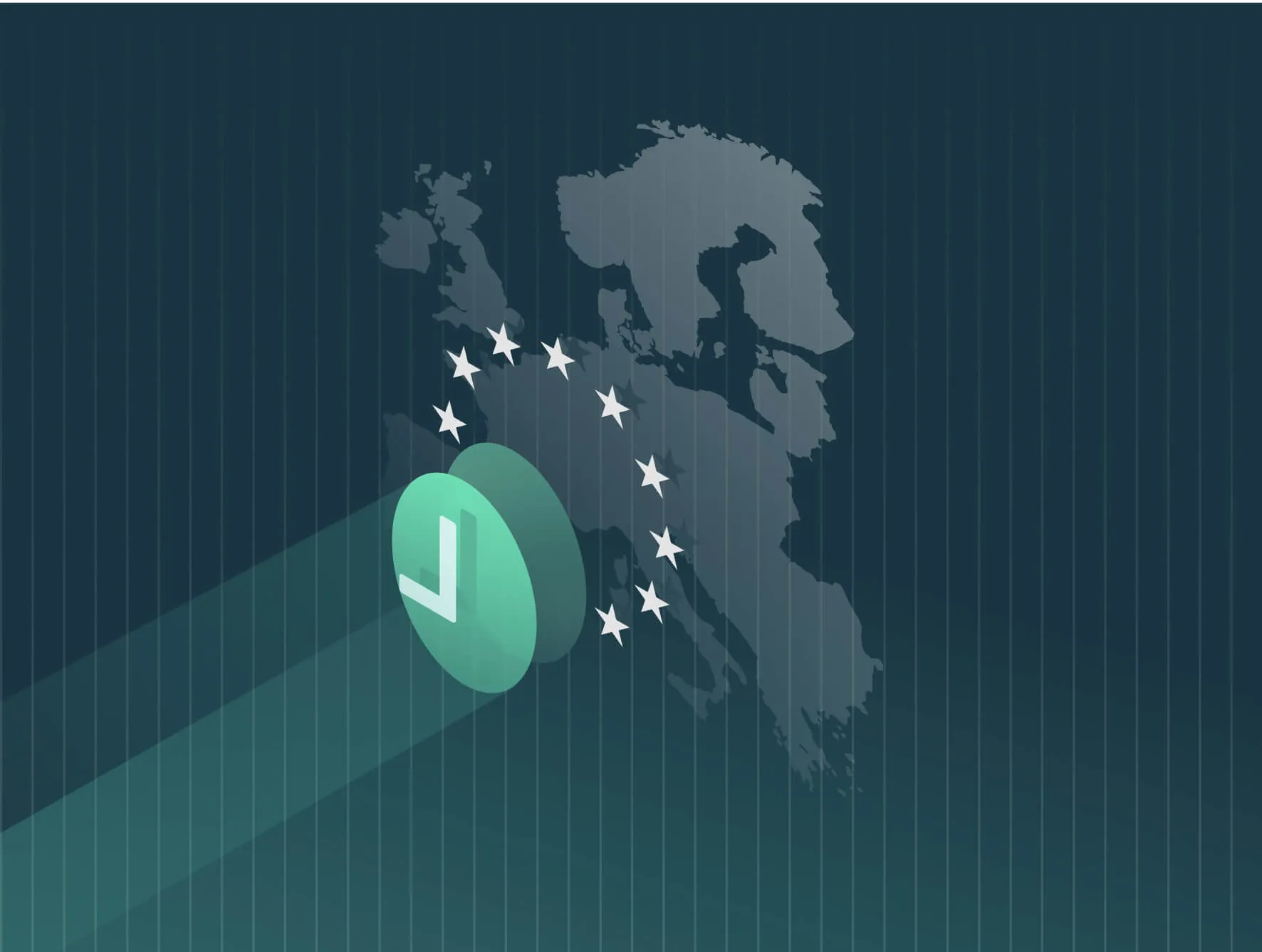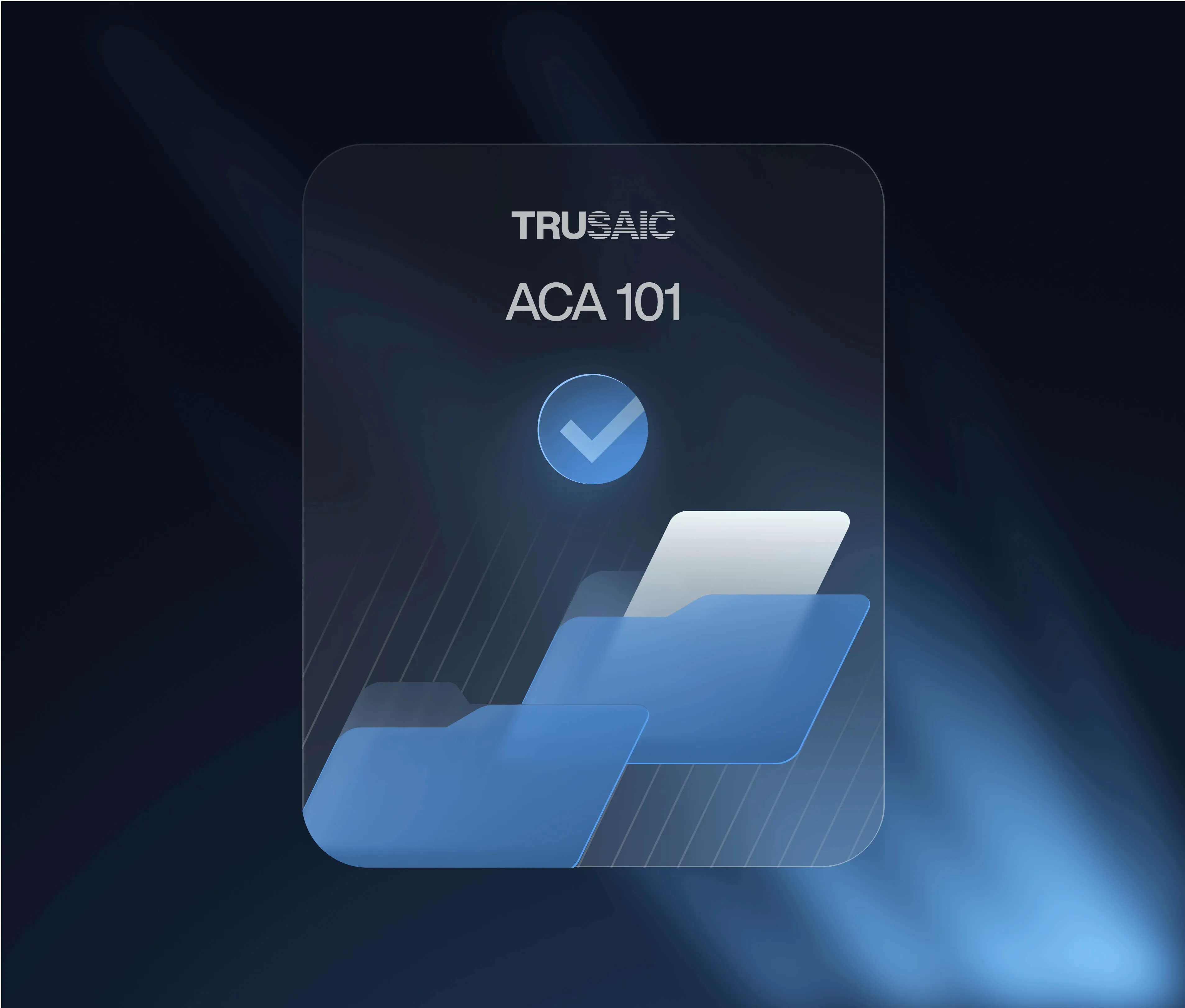In response to the EU Pay Transparency Directive, which requires employers operating in European Union member states to report on pay data, Trusaic will be evaluating the state of each country in the EU’s current gender pay gaps and the path toward compliance.
The impetus for the EU Pay Transparency Directive was to close the 12.7 gender pay gap across the European Union.
At -0.2%, Luxembourg’s gender pay gap is the lowest in the EU, but only includes the earnings of women who work full-time. Readjusted figures suggest that women earn 13% less than men, reflecting the EU average. Nearly every third woman works part-time. Further, the WEF’s Global Gender Gap Report 2024 ranks Luxembourg in 22nd place for wage equality for similar work.
Organizations in Luxembourg are not required to formally submit gender pay gap data, but must provide gender-based employment statistics twice a year to their staff delegation.
While the headline data is encouraging, Luxembourg employers must ensure accuracy when analyzing gender pay gaps. Current calculations also compare only average wages, not wages for equal work. Thus, employers should act now to update their HR practices and policies to prepare for the in-depth requirements of the EU Directive.
Luxembourg’s Labour Code, which is regularly updated, was first introduced on Sept. 1, 2006.
Quick Action Items for Luxembourg Employers
Companies in Luxembourg must move swiftly to comply with the in-depth requirements of the EU Directive. Organizations will need to:
- Provide sufficient salary range information to job candidates. At present, there are no pay transparency requirements in Luxembourg and most employers do not disclose salary information in job listings.
- Implement a salary history ban. Currently, some Luxembourg employers include a non-disclosure clause in contracts of employment to prevent employees discussing salary with their colleagues.
- Prepare to act when pay gaps exceed 5%.
- Account for intersectional discrimination in pay practices and consider the needs of workers with disabilities.
By 2026, EU employers with 250 or more employees must report on gender pay gaps. By 2031, smaller organizations (100+ employees) will have to comply. As we’ve previously noted, the EU Directive uses the broader term of “worker” versus employee, which includes part-time employees.
Do You Have a Global Pay Equity Strategy?
Luxembourg organizations should proactively evaluate their current pay practices and overall compensation philosophy to ensure accuracy of their gender pay gap data. Companies can leverage pay equity software solutions to expedite reviews of existing pay practices and determine causes of pay disparities.
Luxembourg Employers’ Current Reporting Requirements
Employers in Luxembourg are not required to report on gender pay gaps. However, companies must provide, twice yearly, gender-based statistics on recruitment, promotions, transfers, dismissals, pay and training to the company’s staff delegation.
Luxembourg employers with 15 or more employees are required to employ an Equal Opportunities Officer who is responsible for upholding “the principle of equal treatment of women and men at work with regard to access to employment, vocational training and promotion, pay and working conditions.”
Eliminate the Complexities of Regulatory Pay Transparency Reporting
In Dec. 2016, Luxembourg introduced the principle of equal pay for men and women for the same work or for work of equal value in Article L. 225-1 of the Labor Code. Unjustified pay disparities may result in employers facing financial penalties between €251 to €25,000. Discrimination in salary or professional advancement based on religion, conviction or belief, disability, age, sexual orientation, belonging to an ethnic group, nationality or union membership is also prohibited (Article L.251-1).
In March 2018, the Inspectorate of Labor and Mines (ITM) launched a service to facilitate reporting of pay discrimination. Both the ITM and Employment Development Agency are responsible for enforcing pay equity.
Luxembourg’s voluntary Positive Actions program, operated by the Ministry of Equality, awards certification to employers who demonstrate best practices in areas including equal pay.
Complying with the EU Directive
The EU Pay Transparency Directive was approved in 2023, establishing a clear framework for EU member states to apply the principle of equal pay for equal work or work of equal value.
EU member states have three years from June 7, 2023 to transpose the directive into law. Likely implementation dates are 2026, however, some countries may enact legislation earlier. The first large organizations will need to submit pay data reports by June 6, 2027.
Achieve Authentic Pay Equity With Software
Employers operating in EU member states can take several preliminary steps to ensure compliance with the upcoming legislation. The EU Directive includes a requirement for a Joint Pay Assessment where pay gaps are higher than 5%.
When including part-time female employees in pay gap analyses, most Luxembourg employers are currently at risk. Thus, they will need to ensure implementation of regular pay equity analyses to understand where any unexplained gaps exist and develop plans to remediate appropriately.
Further, recruitment processes should be evaluated to ensure compliance with pay transparency and salary history ban requirements. Employers in Luxembourg can act now to strengthen compliance and create equitable, explainable and competitive salary ranges.
Other items include:
- Pay explainability: Prepare to explain how you differentiate and define performance in setting base salaries. Pay transparency legislation means workers must be given access to criteria used to define salary and pay raises.
- Analyze pay gaps: Identify the causes where pay disparities exceed 5%. If there is no objective justification, we recommend addressing any anomalies to remove those unexplained gaps. In cases of alleged pay discrimination, the burden of proof shifts to the employer.
- Intersectional pay equity audit: Intersectionality is essential to close the gender pay gap. It recognizes that individuals can experience discrimination and inequality based on the intersection of multiple identities, such as race, gender, disabilities, age, and more.
Trusaic is GDPR compliant and can assist any organization in any EU state in meeting its obligations under both the EU Corporate Sustainability Reporting Directive and the EU Pay Transparency Directive.









